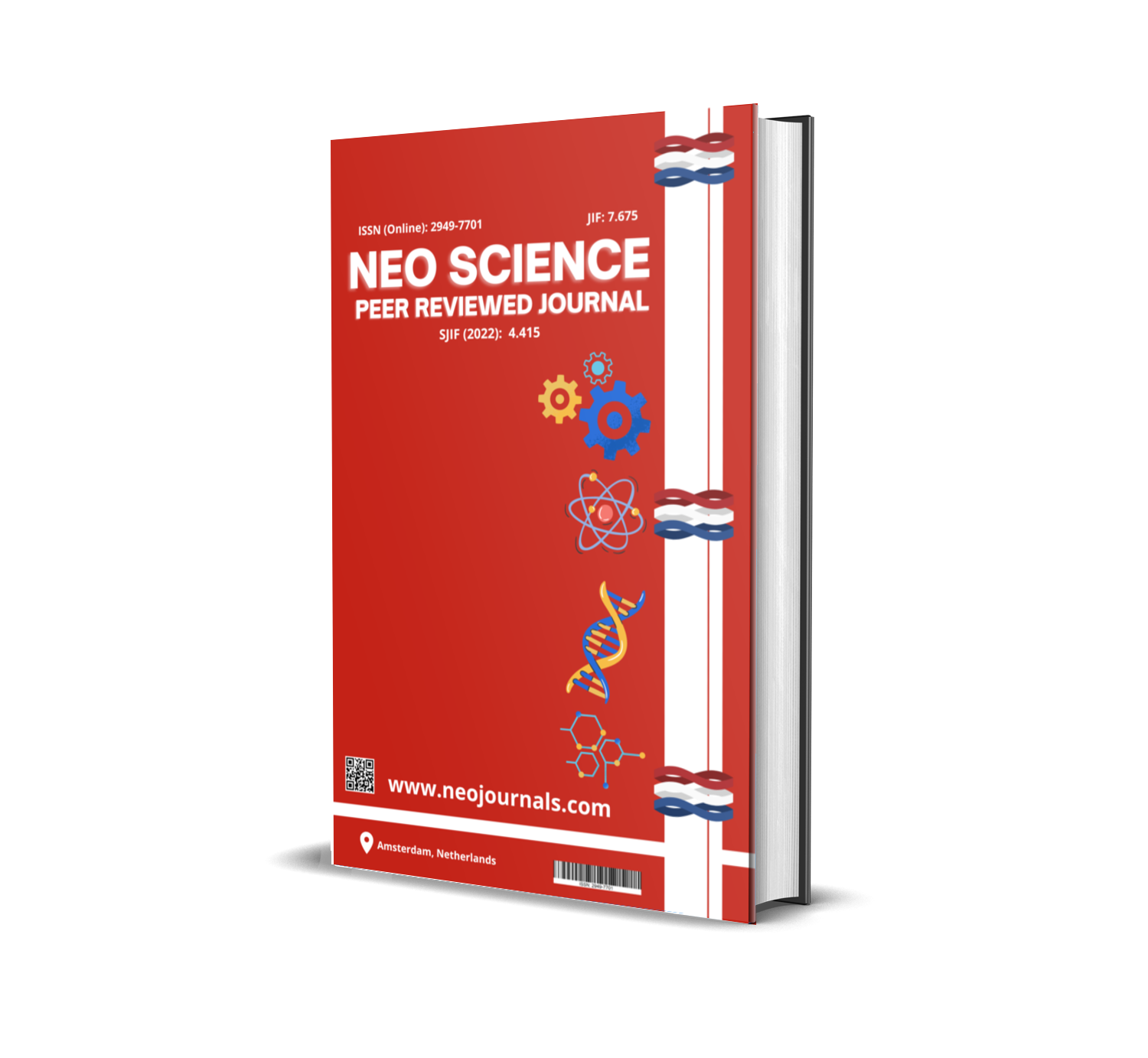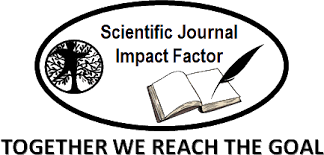JUSTICE AS A FORM OF EXPRESSION OF HUMAN SOCIALITY
Keywords:
Justice, sociality, cooperation, fairness, morality, social bondsAbstract
This article examines the concept of justice as a fundamental expression of human sociality and social bonds. It reviews literature on the origins and functions of justice systems in enabling cooperation, punishing transgressions, and upholding shared moral values that allow communities to thrive. The interactional nature of justice reveals key aspects of human psychology and behavior regulation in groups. Distributive, procedural, restorative and other forms of justice are explored as multidimensional constructs dependent on context. Findings suggest that the pursuit of justice reflects an intrinsic human drive towards fairness and retribution rooted partly in evolutionary social development. The administration of justice sustains social harmony by affirming people’s dignity, rights and shared humanity despite conflicts of interest. Reforms are necessary where justice systems fail to promote social cohesion and wellbeing. Overall, justice seems vital for societal functioning due to its role in correcting wrongs, nurturing moral sensitivity and fulfilling innate human needs for social bonds built on fairness.
Downloads
Published
Issue
Section
License

This work is licensed under a Creative Commons Attribution-NonCommercial 4.0 International License.







